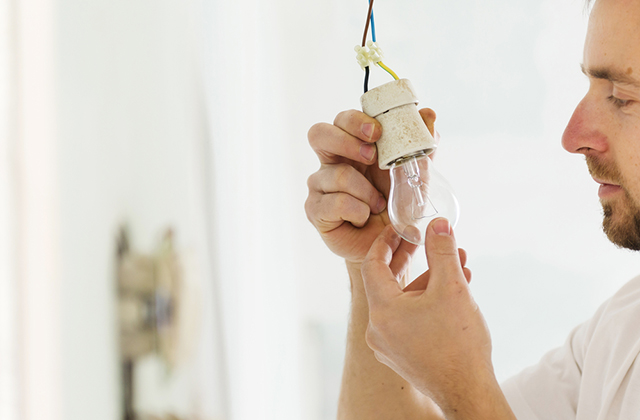The primary reason why most homeowners and business persons have chosen electrician 24 hours Melbourne services is that we the most co-efficient handymen in Melbourne, especially in terms of maintenance, plumbing, and electrical services. When thinking of ways to prepare food faster, while not sacrificing quality and nutrition, investing in a pressure canner or cooker is one obvious choice.
Now you may also be wondering if you should get a standard or electric model. This article will help you understand and avoid the pitfalls and appreciate the convenience an electric pressure cooker has to offer vs a traditional model.
CONS:
Lets start with the “Cons” since they are a bit more subtle, but understanding those will help you better contextualize the “Pros”.
1) Less durability: Typically electric models do not last as long as their non-electric counterparts. You can see this reflected in the shorter warranties on an electric vs. traditional model. The reason for this? With more complicated parts and electronics on an electric pressure cooker there is more possibility for failure. Many newer models come with extra electronics, press button displays, and other convenient features. Generally electronics do not like the excessive heat with which these appliances operate. Durability varies by brand and quality, some are better than others, but as a rule it is true electric models may not last as long.
2) Lower PSI: To operate a pressure cooker it needs high pressure, measured in pounds per square inch (PSI). Higher pressure makes steam hotter than normal and allows food to cook faster. Often times electric pressure cookers, especially the older ones, cannot achieve the 15 PSI that is standard for traditional models. I’m sure It has something to do with the heating units, as well as safety concerns and costs factors. Whatever the reason, you have to be cautious when getting an Electric model, they often top out at 9-12 PSI. Lower PSI means lower temperature and thus slower cooking. Moreover, it is an annoyance since most pressure cooker recipes assume 15 PSI, so adjusting can be a pain. Basically, get one that goes to 15 PSI if you can.
3) Historical Safety issues: This is more of a problem with older models, and I think honestly, the lax attitude of users resulting in user error. Because electric pressure cookers are so easy, people often push limits unintentionally or leave it unattended for long periods on ill advised settings. Some have noted that electric pressure cookers tend to have less redundant safety valves than the traditional designs do. This is true, you may want to stay away from those models. But some of the horror stories can be explained by misuse. If you accidentally over fill with liquid (a big no-no) it increases the likelihood of clogging and overflow. Compounded that with not being in the room to see the overflow occurring, and you can see how big disasters might occur, generating bad rap through user error. Don’t worry, If you follow the manual, especially on new models, you will likely never have an issue.
PROS:
The Pros are much more straightforward:
1) Ease of use and Convenience: This is huge, with all the automatic timers, food specific cooking settings, PSI adjustment and other features that can be loaded onto an electric model, they save a bunch of time. Also, some will argue this cancels out the lower PSI issues, since if the cooker can be started with the touch of a button and walked away from, who cares if it takes a bit longer to cook?
2) Consistent heating: Electric designs have the heating source inside them. A traditional cooker may have to deal with various cooking surfaces such as gas range, electrical coil or glass top. When it comes to a gas range, traditional pressure cookers perform masterfully, but some people report problems with electric ranges. The reason is that pressure cookers want an even, steady heat. If temperature bounces around too much then pressure is inconstant which makes calculating cooking time difficult, risking over or under cooking. Often people over-correct with glass top and coil ranges due to the nature of how they heat. I’ve never found a problem cooking on a glass top, but even If you do run into this problem you should be able to overcome it with a little trial and error. But that’s part of the argument for electric pressure cookers, why go through the trouble? Just get an electric pressure cooker to begin with.
So there you have it. You now know some of the not so obvious considerations when choosing between an electric and a traditional stove top pressure canners and cookers. Don’t agonize over it too much. If nothing above jumps out at you then go with whatever model you find that offers the best quality at your price point. Remember: if you stick to good quality brands, and follow the manual, you should not encounter any difficulties, whether you go traditional or electric.
Debbie Lawrence is a mother of 2 who owns her own part-time catering business. She writes about food and the history of food. Her latest project revolves around Presto products such as the electric pressure cooker. She explains how they can make life easier in the kitchen and what to look for in purchasing.
Article Source: https://EzineArticles.com/expert/Deborah_M_Lawrence/1329997
Article Source: http://EzineArticles.com/7025179

